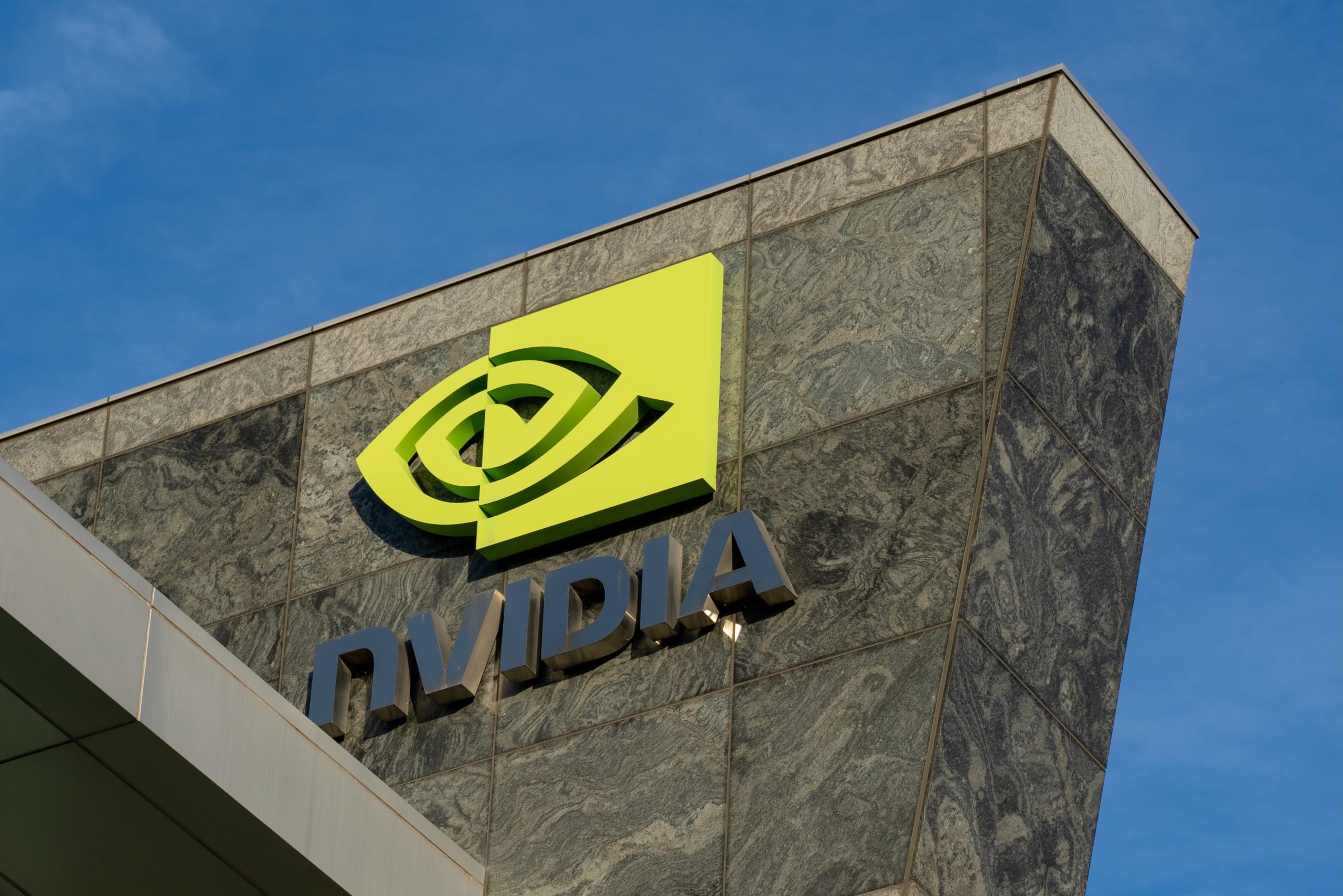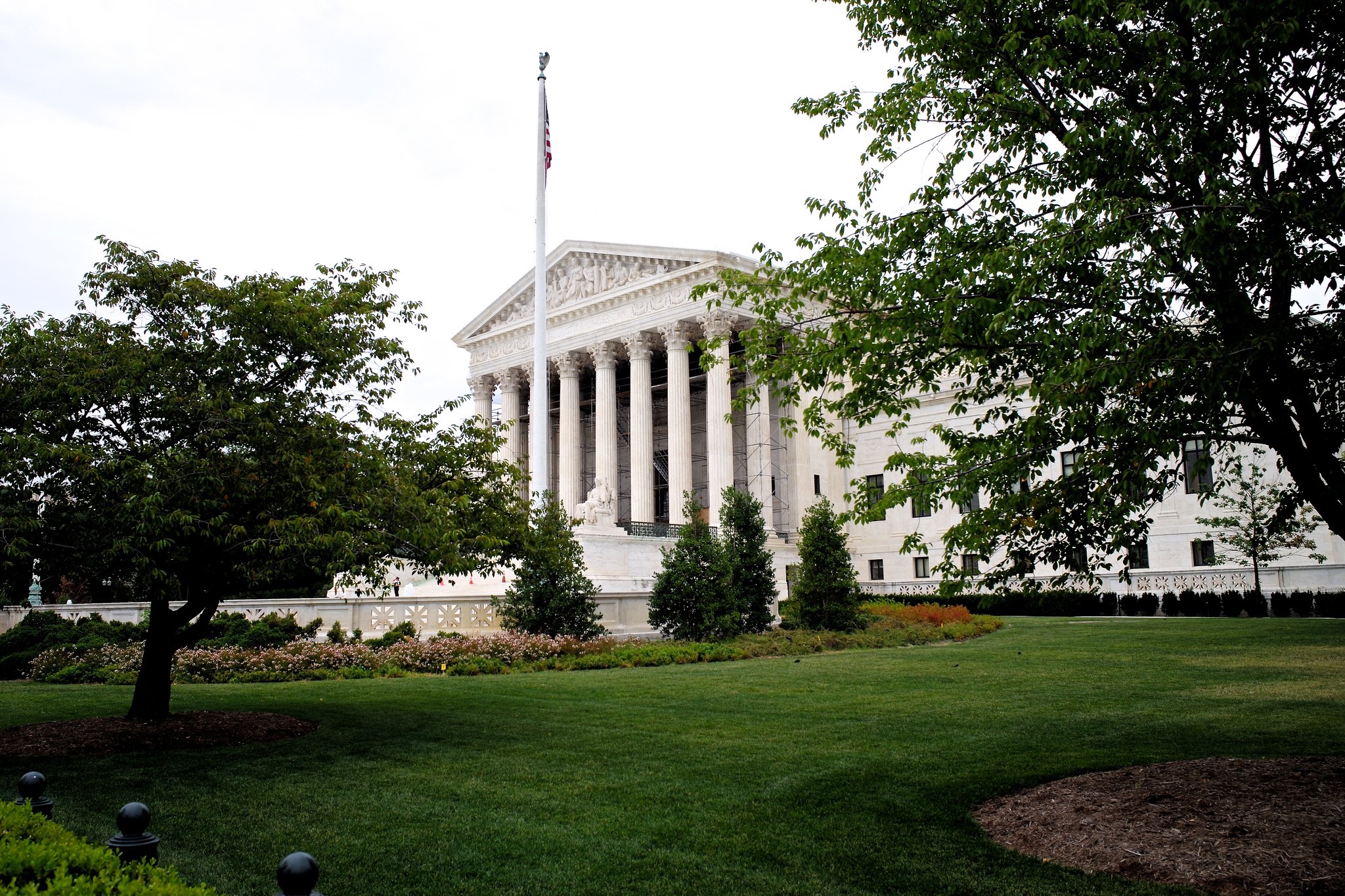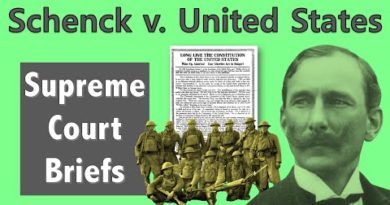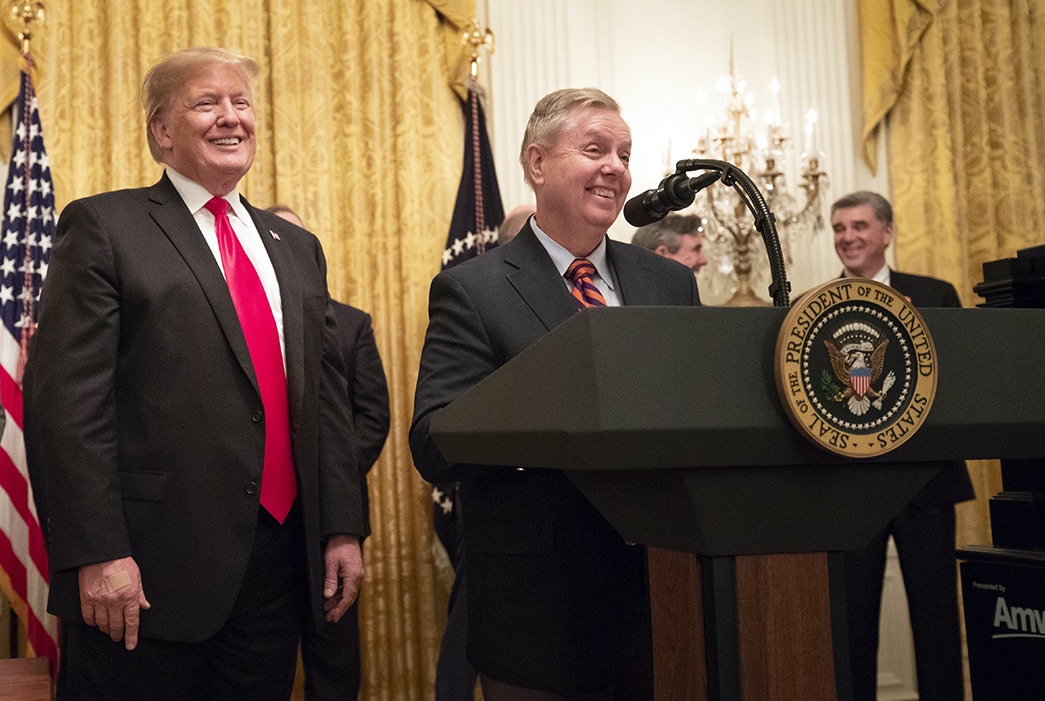Court to consider dispute over NVIDIA sales of crypto mining equipment
CASE PREVIEW
on Nov 12, 2024
at 2:13 pm
The NVIDIA headquarters in Santa Clara, Calif. (JHVEPhoto via Shutterstock)
NVIDIA, the world’s most valuable company, sells computer graphics processing chips designed primarily for use in video games, which it sells to manufacturers of game devices. NVIDIA’s chip is also useful for mining cryptocurrency. In 2017, many crypto miners began to purchase NVIDIA chips. NVIDIA’s sales increased as the use of its chips increased. But in 2018, when the price of bitcoin went through a period of sharp decline, reducing the incentive for crypto mining, NVIDIA’s sales declined.
Shareholders responded by filing the proposed class action here, alleging that NVIDIA executives (including CEO Jensen Huang) made false and misleading statements about the extent to which use in crypto mining was propping up NVIDIA’s chip sales. The U.S. Court of Appeals of the 9th Circuit approved the action, and the Supreme Court agreed that it should be reviewed. It also sets a high standard for drafting a successful complaint. If the case alleges a false or misleading statement, it must not only specify the reasons why each statement is believed to be misleading but also “state with particularity all facts on which that belief is formed.” Moreover, the complaint also must “state with particularity facts” that “giv
rise to a strong inference that the defendant acted with the required state of mind.” That “strong inference” standard is notably higher than the normal standard for a complaint.[e]Under that statute, the shareholders have a hard time showing that Huang spoke falsely when he made statements downplaying the share of NVIDIA chip sales attributable to crypto mining. The shareholders have no documents or statements which directly show that Huang knew the share of sales made to crypto-miners. They rely instead on an expert report which estimated the number and type of crypto-mining chips required during the relevant period, as well as the share that NVIDIA was likely to sell. The shareholders claim that Huang must have known that his public statements were false because the numbers from the estimates were incongruent with Huang’s statements. The company argues the PSLRA requires that plaintiffs allege the contents in internal documents when the theory of scienter (the securities law standard for intent) is that internal company records contradict public statements. In this case, the shareholders failed to meet their burden because they did not make any allegations about documents Huang may have seen. The complaint makes no direct allegations about NVIDIA chips or the share given to crypto miners. Instead, it relies on the generalized estimates of its expert witness. That kind of “generic market research,” NVIDIA argues, cannot make out a case of falsity “with particularity.”
In the Supreme Court, the shareholders back away from exclusive reliance on the expert report. They point to evidence that suggests that NVIDIA employees tracked the rise of cryptocurrency mining and that NVIDIA executive were paying attention to this information. Because existing Supreme Court cases about the PSLRA call for a “holistic inquiry” that assesses the information in context, they argue that the justices should reject the “bright line” rule the shareholders see in NVIDIA’s argument, which would require plaintiffs to produce the “smoking gun” internal document when they file their complaint.
For its part, NVIDIA responds forcefully that – contrary to what the shareholders allege in the Supreme Court – the lower court decision validates the fraud allegations as resting entirely on the failure of Huang to make statements about crypto mining sales that match the findings of the plaintiff’s expert.
As with last week’s argument in Facebook v. Amalgamated Bank, the shareholders here surely will face some skeptical questioning from justices who will think that the complaint in this case is precisely the kind of thing that the PSLRA was designed to squelch. As with last week’s argument in Facebook v. Amalgamated Bank, the shareholders here will surely face some skeptical questioning from justices who will think that the complaint in this case is exactly the kind of thing that the PSLRA designed to squelch.






